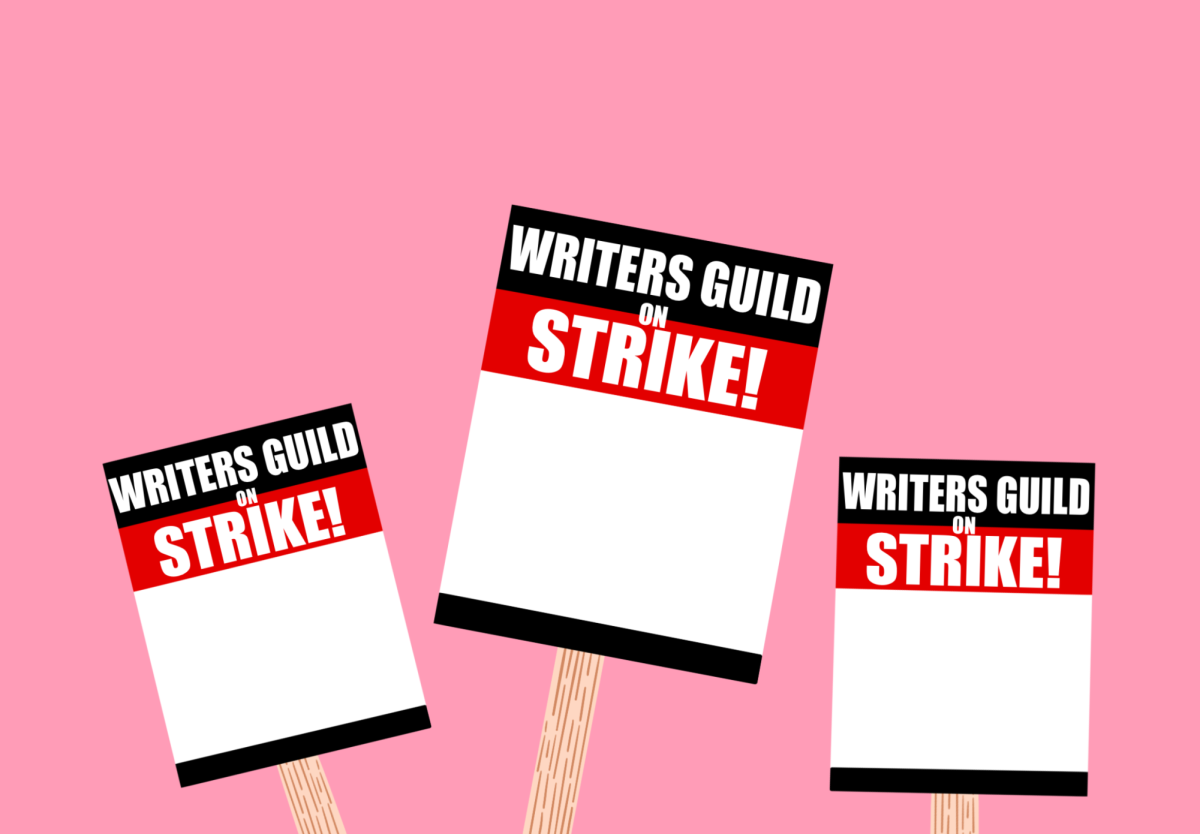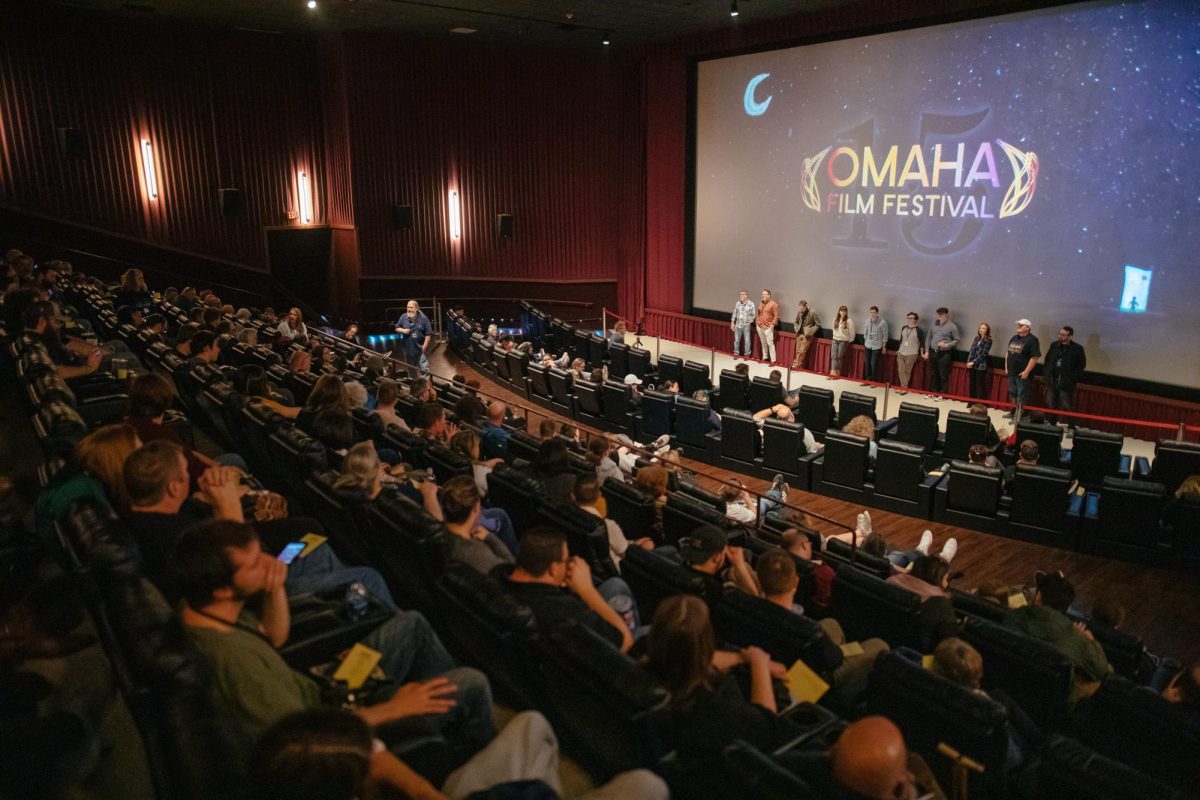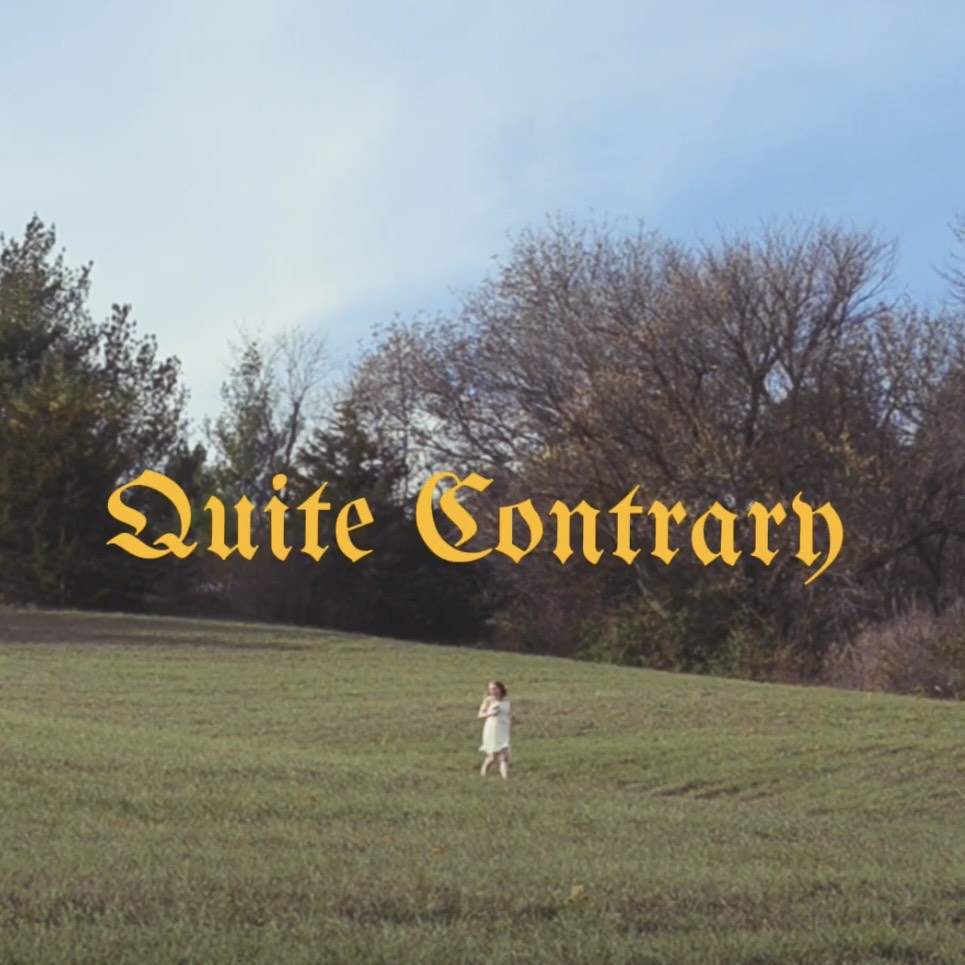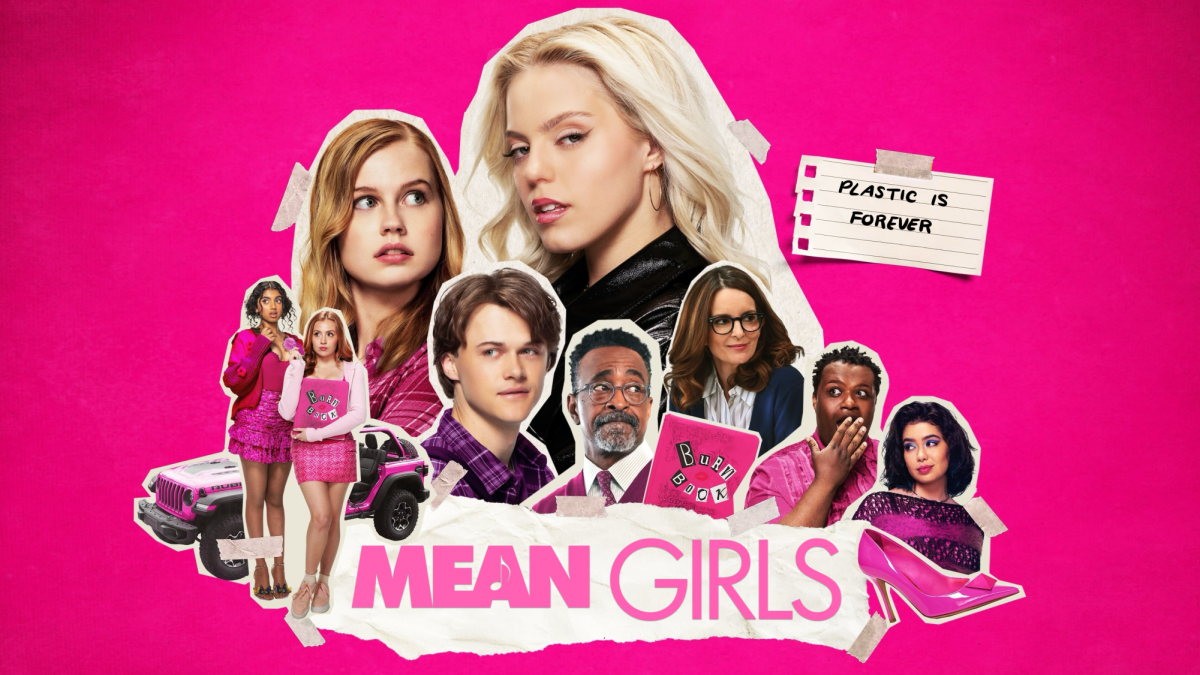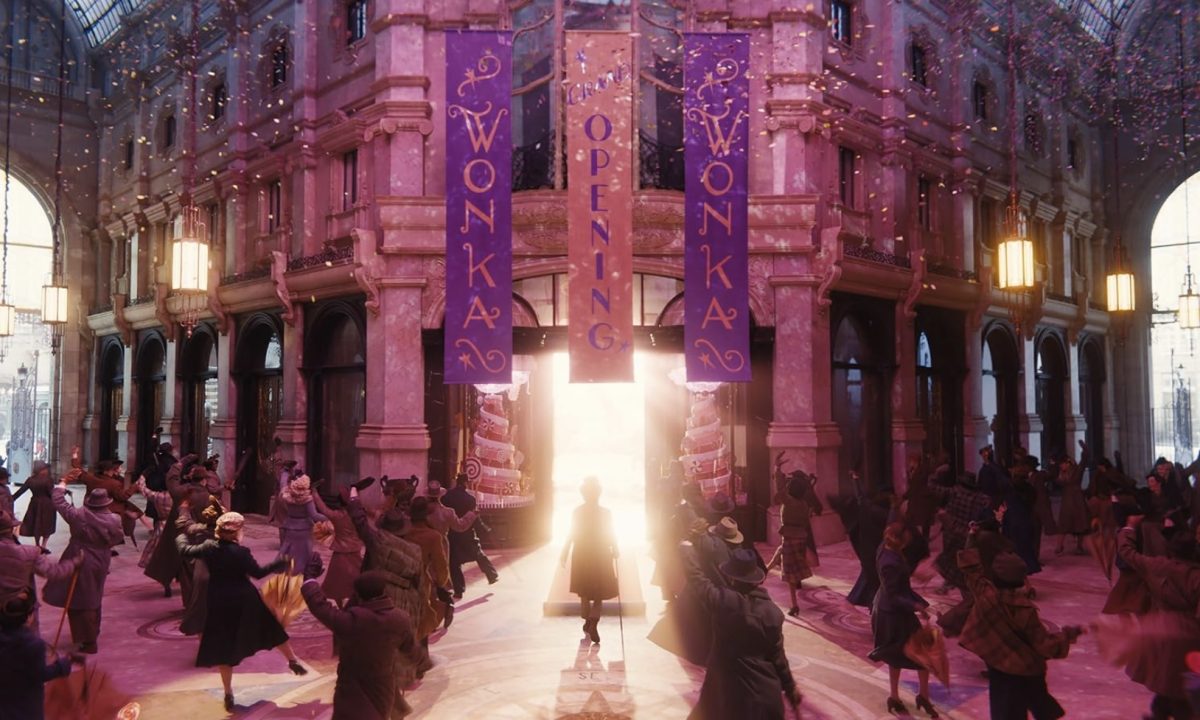As the summer blockbuster season draws to a close, the slew of fall and winter movies is quickly approaching. With the recent success of hit films such as “Barbie” and “Oppenheimer”, grossing $1.38 billion and $788 million respectively, it may seem that Hollywood is doing better than ever. But, looking behind the scenes tells viewers another story.
Stopping their work at exactly 12:01 PDT on May 2, 2023, the Writers Guild of America (WGA) has been on strike for over 120 days. The WGA would soon be joined by the Screen Actors Guild – American Federation of Television and Radio Arts (SAG-AFTRA) on July 14, 2023. The two strikes have coincided now for over 50 days, with no end in sight.
The 2023 strike marks the first time in 63 years that both the WGA and SAG-AFTRA have been on strike at the same time. The last double strike, lasting 22 weeks, or 148 days, gave union members better compensation for their work. The demands of the 2023 strike are similar to those of the 1960 strike, but many demands have been added to fit the modern era.
Along with higher wages for both writers and actors, the unions want increased protection from Artificial Intelligence (AI) use in film and television. Among the list of proposals written by the WGA, one sets the stage for their thoughts on AI usage for writing, “Regulate use of artificial intelligence on MBA-covered projects: AI can’t write or rewrite literary material; can’t be used as source material; and MBA-covered material can’t be used to train AI.” While the WGA has made it clear that they do not want to be replaced by AI, studios and producers do not wish to comply with that demand. The Alliance of Motion Picture and Television Producers (AMPTP) countered this demand by “offering annual meetings to discuss advancements of technology.”
The WGA is not the only union fearing the use of AI. SAG-AFTRA has made it clear that they are blatantly against the use of AI replacing actors in roles, their demand to AMPTP stating that they wish to “establish a comprehensive set of provisions to protect human-created work and require informed consent and fair compensation when a ‘digital replica’ is made of a performer, or when their voice, likeness, or performance will be substantially changed using AI.” This demand was rejected by AMPTP.
AI and wages, while being at the core of the strikes, are just two of several demands the unions hope to meet. Benefit plans, residual payments for reruns or syndication on streaming services such as Netflix or Hulu and a guaranteed number of jobs are notable requests given by the unions.
But what does this mean for viewers at home? Audiences have felt the effects of Hollywood strikes before, whether they know it or not. The WGA strike of 1988 gave rise to “COPS” and other such shows, which did not require writers in order for production to start. TV viewership during this time shrunk significantly, as there was very little new or original programming to watch. The 2007-2008 WGA strike allowed reality TV to shine. “Big Brother” and “Keeping Up With The Kardashians” became staples in this time due to the drought of scripted content.
During the current day strike, viewers are already beginning to see the effects of the lack of writers and actors, with many TV shows being delayed or even canceled. Widely popular shows such as “Stranger Things” and “Yellowjackets” have been pushed back, with the writers not being able to start on production. Highly anticipated films such as “Dune: Part Two” have been pushed back by studios in hopes that the strike will end and stars will be able to do press again.
With reality TV starting to make a strong comeback, such as a “Kitchen Nightmares” reboot, viewers at home should prepare for a long, barren season of television and film.


